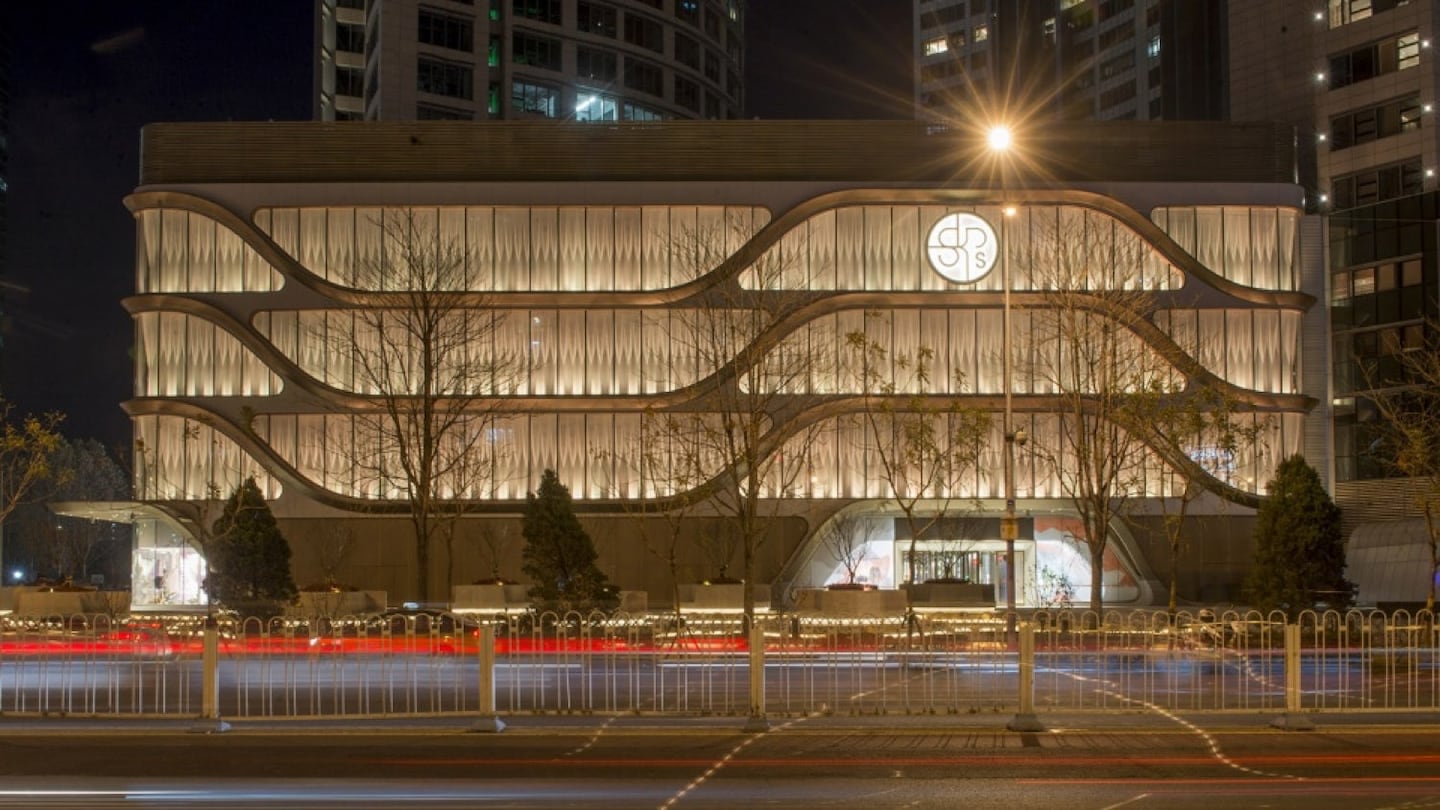
The Business of Fashion
Agenda-setting intelligence, analysis and advice for the global fashion community.

Agenda-setting intelligence, analysis and advice for the global fashion community.

China’s leading luxury mall operator will open a new flagship store in Hohhot, Inner Mongolia, local outlets reported. The move fits into the city’s plans to build two large commercial complexes, unveiled on February 22. The store will span of 500,000 square meters and is expected to create 10,000 new jobs.
SKP, which is owned by Beijing Hualian Group, currently operates locations in Beijing and Xi’an. The business has accelerated its expansion in the broader domestic market in recent years, with new stores under development in Chengdu, Kunming and Hangzhou.
Beijing SKP and Xi’an SKP saw sales grow 15 percent and 36 percent respectively in 2020, with the former’s sales reaching 17.7 billion yuan ($2.71 billion), making it China’s top department store by revenue for 10 consecutive years, according to Beijing Business Daily.
According to official government data, the income of residents in Inner Mongolia is on the rise, with a 4.1 percent increase between 2019 and 2020. The region’s energy industry suggests a high number of affluent customers and the arrival of SKP could not only promote it as an up-and-coming retail hub, but help drive luxury brand awareness into lower tier cities.
Challenges remain. Louis Vuitton opened a store in Hohhot in 2010 but closed it in 2014, citing business performance and shifts in owner LVMH’s strategy. At present, premium cosmetics players make up the bulk of global luxury brand presences in the city.
With consumers tightening their belts in China, the battle between global fast fashion brands and local high street giants has intensified.
Investors are bracing for a steep slowdown in luxury sales when luxury companies report their first quarter results, reflecting lacklustre Chinese demand.
The French beauty giant’s two latest deals are part of a wider M&A push by global players to capture a larger slice of the China market, targeting buzzy high-end brands that offer products with distinctive Chinese elements.
Post-Covid spend by US tourists in Europe has surged past 2019 levels. Chinese travellers, by contrast, have largely favoured domestic and regional destinations like Hong Kong, Singapore and Japan.